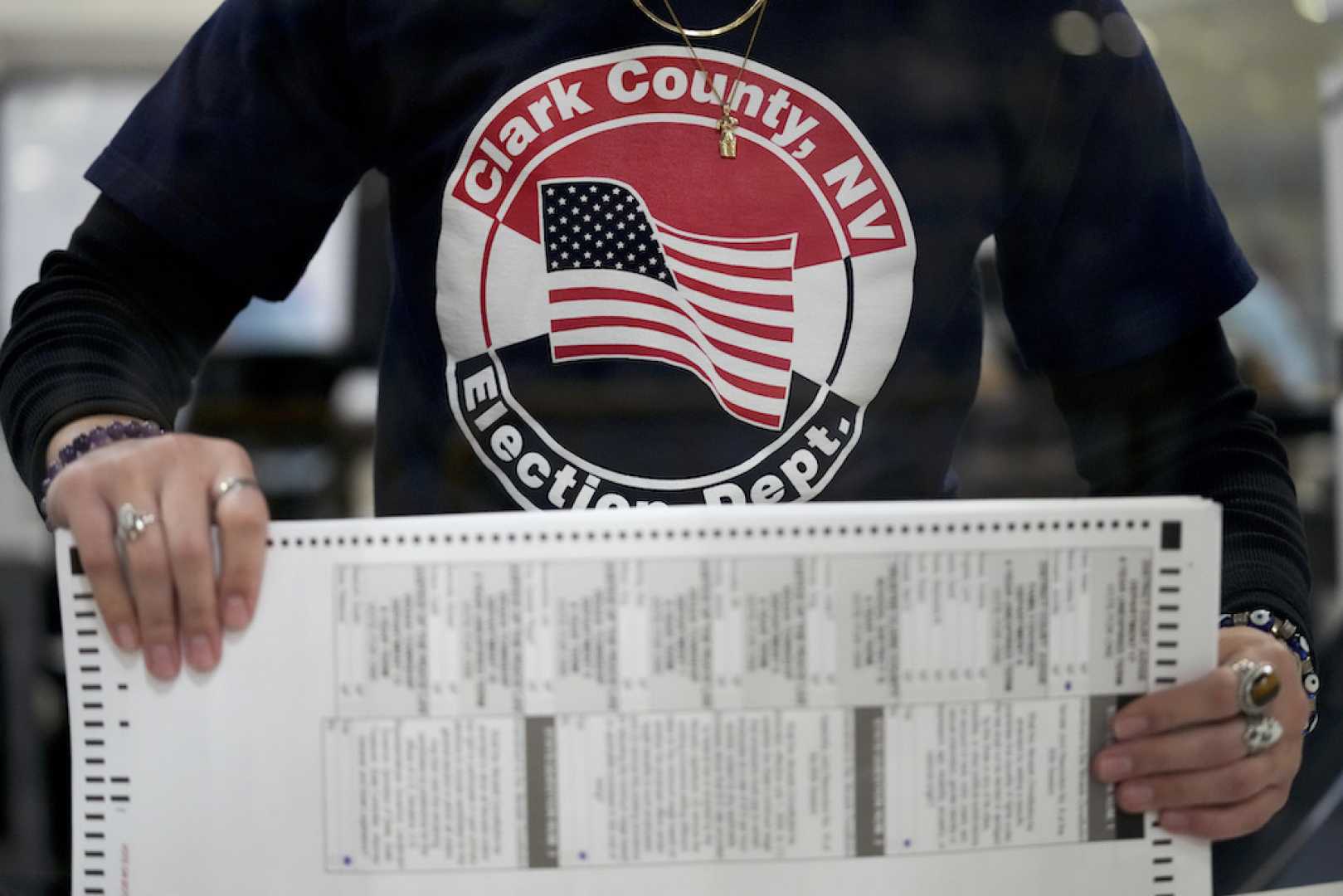Politics
Election Integrity Groups Raise Concerns Over 2024 Voting Irregularities

WASHINGTON, D.C. — Allegations of voting irregularities in the 2024 presidential election have surfaced, with two election integrity groups suggesting that data analysis in key swing states indicates potential manipulation. The claims, which remain unproven, focus on discrepancies in “drop-off” votes and have sparked debate over the integrity of the election results.
The Election Truth Alliance (ETA), a nonpartisan nonprofit organization founded in December 2024, released an analysis of voting patterns in Clark County, Nevada, a swing state won by President Donald Trump. The group reported a higher-than-average drop-off vote rate, which it described as “consistent with vote manipulation.” Drop-off votes refer to the difference between votes cast in the presidential race and those in statewide elections.
In Clark County, Trump received 493,052 votes, while the losing GOP Senate candidate, Sam Brown, garnered 441,057 votes—a difference of 51,995 votes, or a 10.5 percent drop-off. In contrast, Vice President Kamala Harris won 520,187 votes, with Democratic Senator Jacky Rosen receiving 514,662 votes, resulting in a 1.06 percent Democratic drop-off. The GOP drop-off rate in Clark County more than doubled from 5.1 percent in 2016 to 10.5 percent in 2024.
ETA emphasized that while its findings do not prove manipulation, the consistency of Harris’ underperformance across multiple swing states “warrants a thorough review.” Similarly, SMART Elections, another nonpartisan group focused on election security, described the drop-off patterns in swing states as “strange” but cautioned that their analysis does not confirm manipulation.
Trump, who has frequently claimed the 2020 election was rigged against him, made remarks at a January 19 rally in Washington, D.C., suggesting that Elon Musk, owner of X (formerly Twitter), had an understanding of voting machines. “We ended up winning Pennsylvania like in a landslide,” Trump said. Critics, including former New York Assistant Attorney General Tristan Snell, interpreted the comments as an admission of election rigging, though no evidence supports this claim.
Neither the Department of Justice nor the Trump administration has indicated plans to investigate the allegations at the federal level. The Nevada Secretary of State’s Office dismissed claims of irregularities, stating that viral social media posts misinterpreted publicly available data and failed to account for common election administration factors.
As debates over the 2024 election results continue, election integrity groups urge transparency and further investigation to address public concerns.












